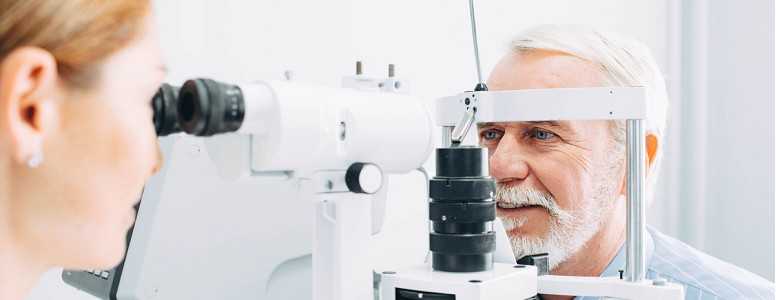Consuming just two cans of sugary pop a week could increase the risk of cancer by 18%, according to French researchers.
The researchers from the Universite Sorbonne Paris Cite hypothesise that the link stems from sugary drinks causing high blood glucose levels, but cannot state definitive proof and have called for more research into the link. The findings appear in The BMJ.
To investigate the effect sugary beverages have on health, they followed more than 100,000 people for five years, looking at the consumption of fruit juice, soft drinks, sweetened milkshakes, energy drinks and tea or coffee with sugar stirred in. Sugary drinks were defined as drinks with more than 5% sugar.
The findings suggested that just 100ml a day of increased the risk of cancer by 18%. No link was observed between cancer risk and artificially sweetened beverages.
The study further supports the growing evidence base that an excessive amount of sugar can lead to weight gain, cancer and obesity and type 2 diabetes.
Speaking to BBC News, one of the researchers Dr Mathilde Touvier said: “Obesity and weight gain caused by sugary-drink excessive consumption certainly played a role in the association but they did not explain the whole association.
“Sugary drinks are known to be associated with an increased risk of cardiovascular diseases, overweight, obesity and diabetes. But what we show is they are also associated, maybe, with cancer risk.”
The researchers concluded: “These data support the relevance of existing nutritional recommendations to limit sugary drink consumptio, including 100 per cent fruit juice, as well as policy actions, such as taxation and marketing restrictions targeting sugary drinks, which might potentially contribute to the reduction of cancer incidence.”
Sugary drinks have been a health concern for some time and in 2018 the UK government introduced a sugar tax that require manufacturers to pay a levy on high-sugar drinks they produce.



